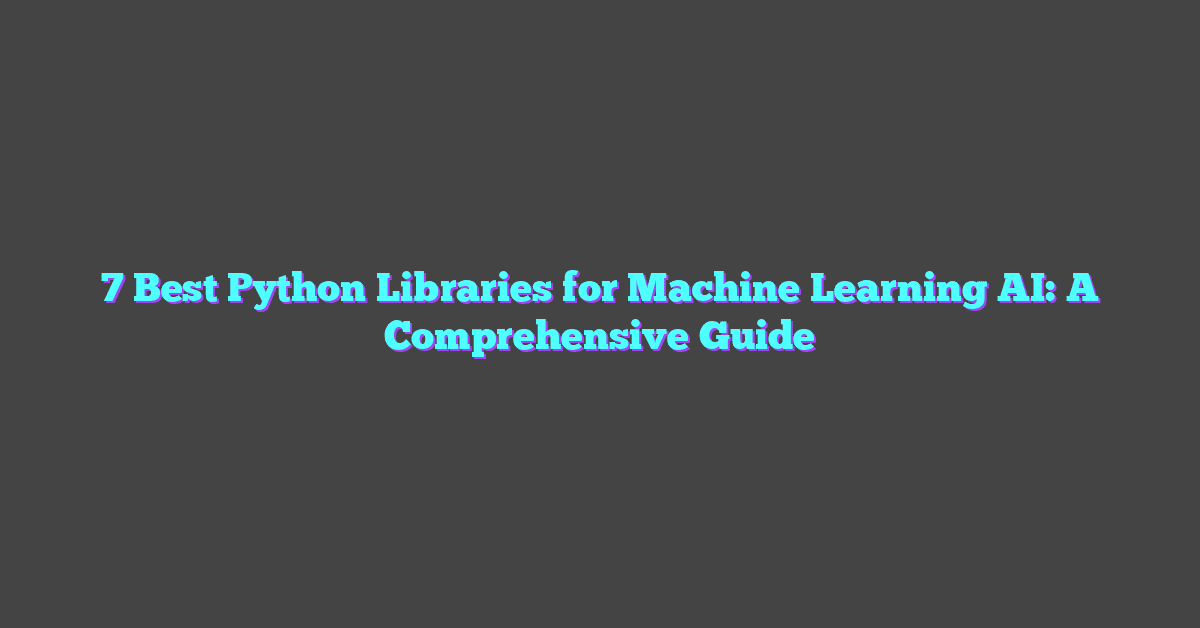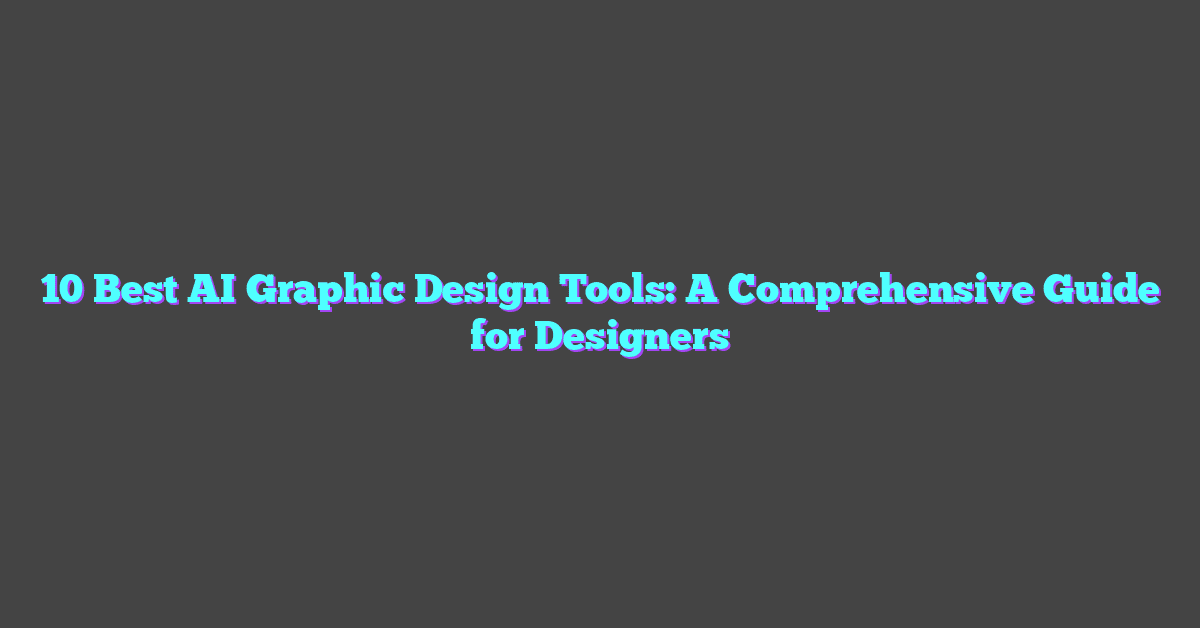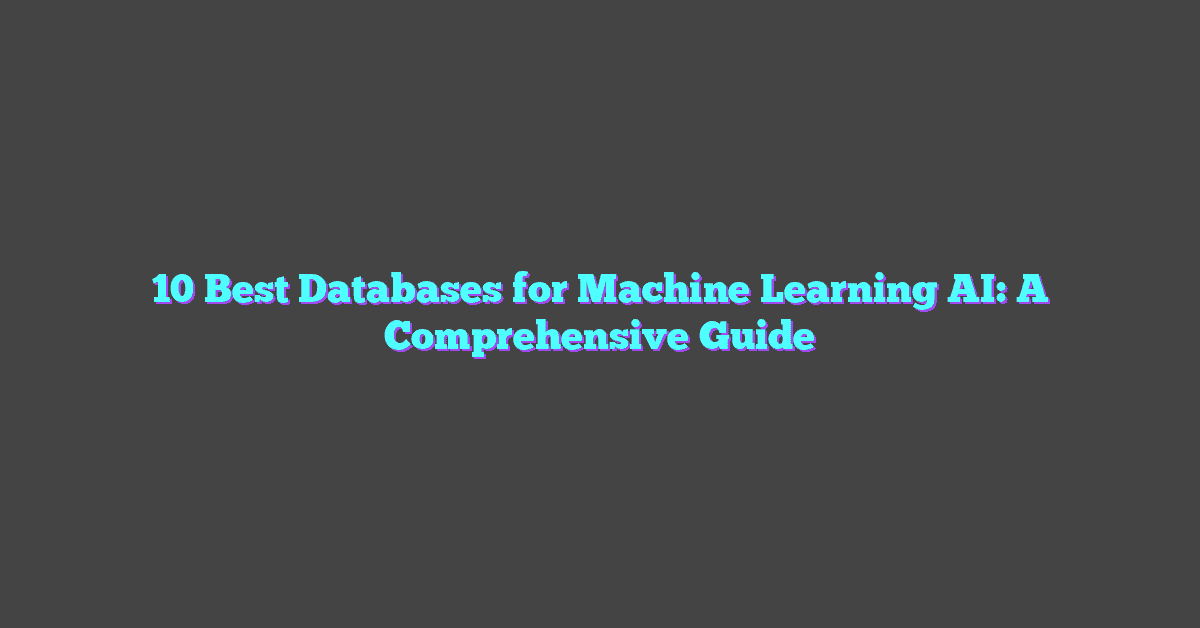Artificial Intelligence (AI) and Information Technology (IT) have become buzzwords in today’s tech-driven world. While both fields offer exciting career opportunities and innovations, many wonder if one is easier to master than the other. With AI’s rise in popularity, some believe it might be more accessible than traditional IT roles.
However, the reality is a bit more complex. AI involves understanding algorithms, data analysis, and machine learning, while IT focuses on network management, cybersecurity, and system administration. Both fields require a unique set of skills and knowledge, making the debate about which is easier a nuanced one. This article delves into the intricacies of both disciplines, helping you decide which path might be the right fit for you.
Understanding AI and IT: Core Concepts and Differences
Artificial Intelligence (AI) and Information Technology (IT) are distinct fields, each with unique concepts and applications. Grasping the core elements can help clarify their differences and the skill sets required.

What Is Artificial Intelligence?
AI involves creating systems that mimic human intelligence. This includes:
- Machine Learning: Algorithms enabling systems to learn from data.
- Natural Language Processing: Understanding and generating human language.
- Computer Vision: Analyzing visual input from the world.
Examples include chatbots, self-driving cars, and recommendation algorithms.
What Is Information Technology?
IT focuses on managing and utilizing technology for information processes. This entails:
- Network Management: Handling and maintaining network infrastructures.
- Cybersecurity: Protecting data and systems from cyber threats.
- System Administration: Overseeing hardware and software resources.
Examples include setting up networks, securing servers, and managing databases.
Understanding the core elements of AI and IT helps identify the different skills and expertise needed in each domain, aiding in informed career decisions.
Evaluating the Complexity of AI and IT
Artificial Intelligence (AI) and Information Technology (IT) operate in distinct fields yet share common complexities. Each field presents unique challenges that prospective professionals should understand.
Key Challenges in Artificial Intelligence
AI involves creating algorithms that can learn and make decisions. One major challenge in AI is data quality. Models require vast amounts of high-quality data; poor data leads to inaccurate models.
Algorithm complexity is another issue. Developing efficient algorithms often demands complex mathematical foundations.
Scalability also poses a challenge. AI systems must handle growing amounts of data and maintain performance.
Furthermore, ethical considerations in AI include bias and fairness. Ensuring AI systems operate without discrimination is critical.
Key Challenges in Information Technology
IT focuses on managing and securing information systems. One primary challenge in IT is cybersecurity. Protecting systems from threats requires constant vigilance and sophisticated tools.
System integration presents another difficulty. Integrating various technologies into a seamless operation can be complex.
Network management is also challenging. Ensuring reliable communication channels and network performance demands expertise and constant monitoring.
Lastly, system administration involves maintaining hardware and software, often requiring quick problem-solving skills when issues arise.
Understanding these challenges provides a clear picture of the complexities in each field, aiding in making informed career decisions.
Educational Pathways in AI and IT
Exploring educational pathways in AI and IT reveals distinct requirements and opportunities in each field. Both disciplines demand specific skills and knowledge bases that guide career trajectories.
Learning AI: Skills and Prerequisites
Learning AI necessitates a robust foundation in mathematics and programming. Essential math skills include linear algebra, calculus, and probability. Programming languages like Python and R are pivotal for developing algorithms and models. Additionally, understanding machine learning frameworks like TensorFlow and PyTorch is crucial.
Courses in AI often cover machine learning, deep learning, natural language processing, and computer vision. For instance, machine learning involves supervised and unsupervised learning, while deep learning focuses on neural networks. These subjects are integral to creating intelligent systems.
Practical experience is vital. Projects involving real datasets, competition participation, and internships can reinforce theoretical knowledge and provide industry-relevant skills.
Learning IT: Skills and Prerequisites
Learning IT focuses on diverse technical areas such as network management, cybersecurity, database administration, and system integration. Fundamental skills include understanding operating systems, network protocols, and data management.
Courses in IT typically encompass topics like system architecture, network security, cloud computing, and database systems. For example, network security involves protecting data through firewalls and encryption, while cloud computing concentrates on services via the internet.
Certifications enhance an IT professional’s credentials. Recognized certifications include CompTIA A+, Cisco’s CCNA, and AWS Certified Solutions Architect. Gaining hands-on experience through internships and lab exercises is crucial for practical application of IT skills.
Both AI and IT educational pathways offer specialized and comprehensive training that leads to exciting career opportunities.
Career Prospects in AI vs. IT
AI and IT offer diverse career prospects, each with unique opportunities and roles for professionals.
Job Roles and Opportunities in AI
AI professionals work in roles that develop and optimize intelligent systems. Key job roles include:
- Machine Learning Engineers: Focus on designing and building machine learning models. They usually work with large datasets and need proficiency in programming languages like Python and R.
- Data Scientists: Analyze and interpret complex data to assist decision-making. Advanced knowledge in statistics and data visualization is crucial.
- AI Researchers: Conduct studies to advance AI technologies. They often work in academic settings or research labs.
- AI Developers: Implement AI solutions in software applications. They must understand AI frameworks like TensorFlow and PyTorch.
- Robotics Engineers: Create intelligent robots that can perform automated tasks. Expertise in robotics hardware and software integration is necessary.
Job Roles and Opportunities in IT
IT professionals focus on managing and maintaining technology infrastructure. Key job roles include:
- Network Administrators: Manage and maintain network systems ensuring optimal performance. Knowledge in network protocols and hardware is essential.
- Cybersecurity Analysts: Protect systems and networks from cyber threats. Skills in threat detection and incident response are critical.
- System Administrators: Oversee the daily operations of IT systems. They need familiarity with operating systems and server management.
- Database Administrators: Manage databases to ensure data integrity and availability. Proficiency in SQL and database management systems is important.
- IT Support Specialists: Provide technical support to users by solving hardware and software issues. Communication skills and a good understanding of various IT products are crucial.
Both AI and IT offer promising career paths. AI emphasizes innovation and intelligence, while IT ensures smooth technological operations.
Conclusion
Choosing between AI and IT depends on one’s interests and career goals. AI is perfect for those excited about innovation and creating intelligent systems, while IT suits those who enjoy managing and maintaining technology infrastructures. Both fields offer rewarding opportunities and are essential in today’s tech-driven world. Whether one leans towards the cutting-edge developments in AI or the foundational stability of IT, there’s a bright future ahead in either path.
Frequently Asked Questions
What is the main difference between Artificial Intelligence (AI) and Information Technology (IT)?
AI focuses on creating systems that can simulate human intelligence through machine learning and other technologies, while IT deals with managing and maintaining technology used for handling information processes, such as network management and cybersecurity.
What are some challenges unique to AI?
Key challenges in AI include maintaining data quality, managing algorithm complexity, achieving scalability, and addressing ethical considerations like bias and fairness in AI systems.
What are the primary challenges faced in the IT sector?
Challenges in IT include ensuring cybersecurity, integrating various systems seamlessly, managing networks efficiently, and maintaining complex technological infrastructures.
What educational paths can one take to pursue a career in AI?
To pursue a career in AI, one can focus on degrees in computer science, data science, or machine learning. Courses typically include programming, algorithms, data structures, and specialized AI topics like natural language processing.
What educational qualifications are helpful for a career in IT?
Degrees in information technology, computer science, or related fields are essential for a career in IT. Key skills include network management, cybersecurity, database management, and system administration.
What career opportunities are available in the AI field?
Roles in AI include Machine Learning Engineers, Data Scientists, AI Researchers, AI Developers, and Robotics Engineers. These positions focus on developing and optimizing intelligent systems.
What job roles exist in the IT industry?
In the IT industry, job roles include Network Administrators, Cybersecurity Analysts, System Administrators, Database Administrators, and IT Support Specialists. These positions emphasize infrastructure management and maintenance.
Which field offers better career prospects, AI or IT?
Both AI and IT offer promising career prospects. AI emphasizes innovation and intelligent system development, while IT ensures the smooth operation and management of technology infrastructure. The choice depends on individual interests and expertise.




